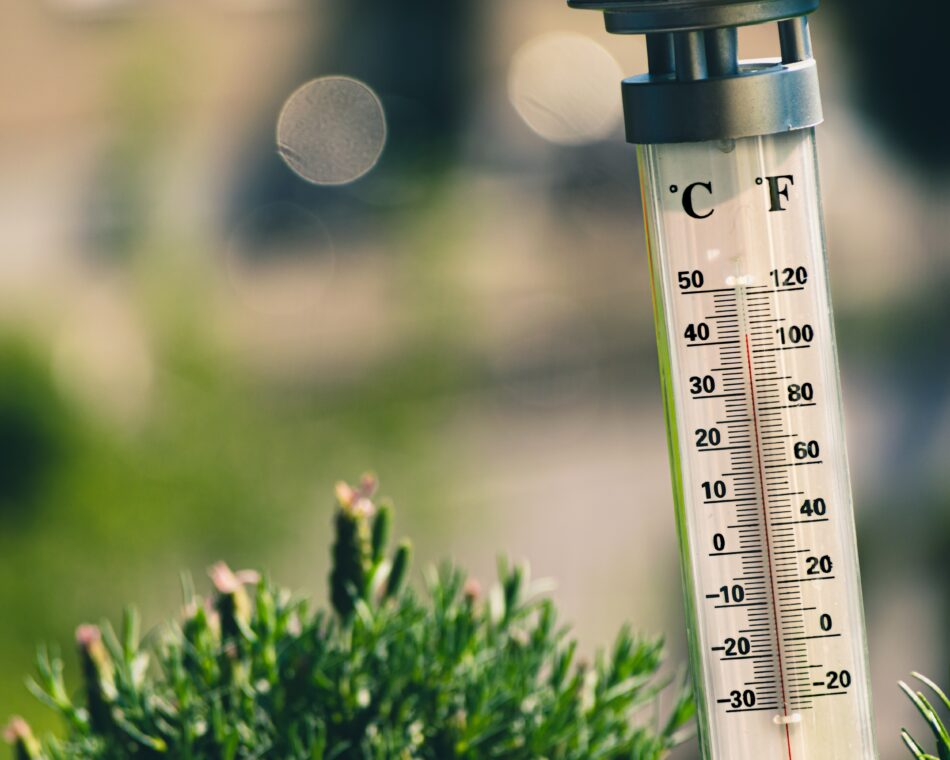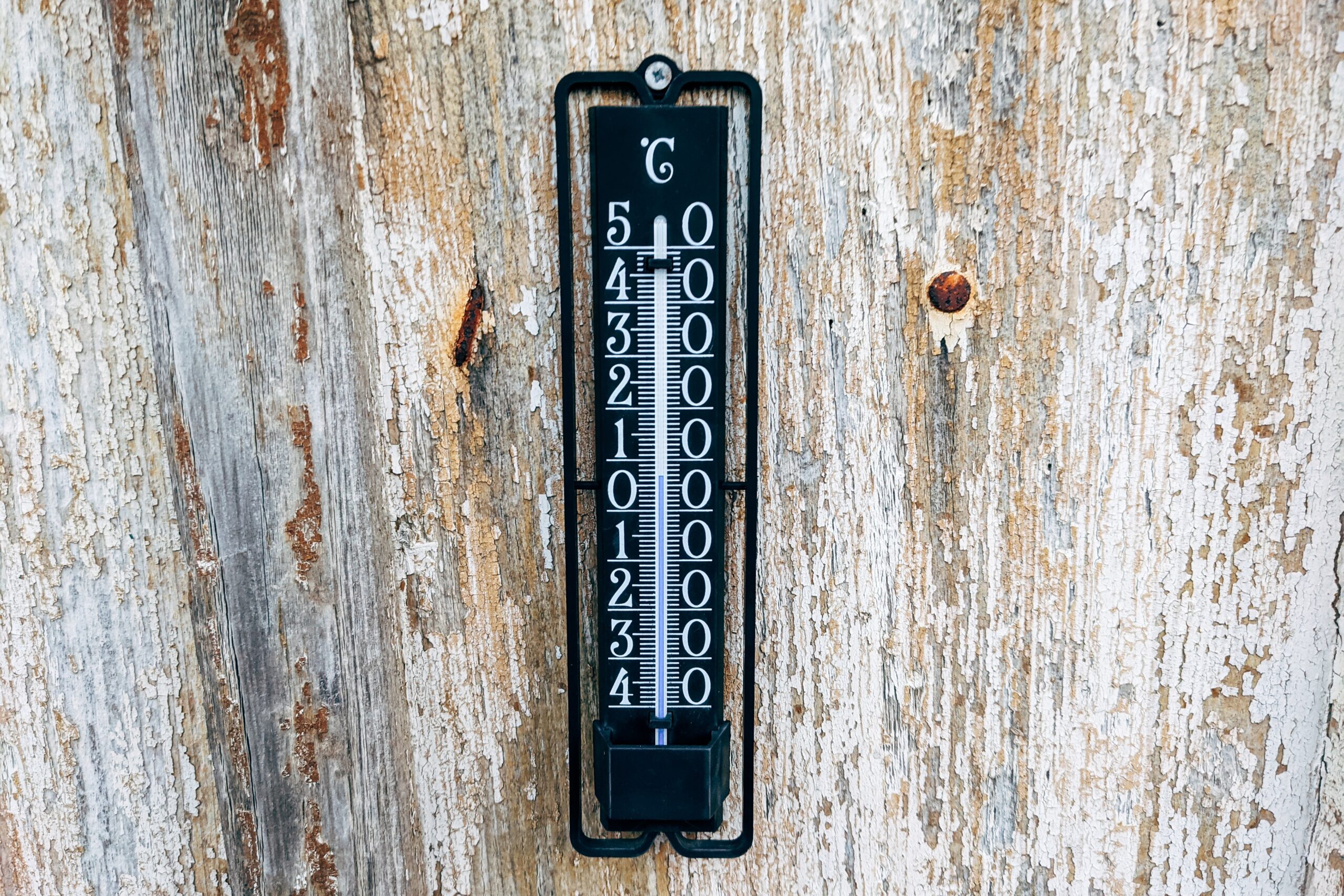
How to Dispose of Mercury
Mercury waste is toxic. This means it can be harmful to any humans exposed to it and the environment if it leaches into the ground, air, or water. For disposal of mercury in the UK it cannot end up in landfill and must be disposed of with hazardous waste.
Batteries, fluorescent light bulbs, thermometers, dental amalgam, and other products may contain some level of mercury. If your business finds any such items in your waste, then you must arrange proper hazardous waste removal to ensure safe mercury disposal. This protects anyone who might come into contact with the mercury and the environment.
Find out how to dispose of mercury and waste products containing the chemical element safely with these tips – or contact us for a free quote for mercury waste collection.
How to dispose of
mercury in the UK
Disposal of mercury in the UK should be done via hazardous waste collections for businesses. This is the solution whether you need to dispose of loose mercury or items that contain the chemical element. UK households can dispose of mercury at some local Household Waste Recycling Centres (HWRCs).
Even the smallest traces of mercury must be disposed of using hazardous waste collections. You should ensure any waste containing mercury is placed safely in a hazardous waste container to separate it from other waste types and avoid the risk of contamination. Then arrange collection by licensed hazardous waste carriers.
Do not touch any released mercury. If mercury leaks from a device, it must only be handled by someone with experience. Wearing safety glasses and gloves is advised. Use two pieces of cardboard to roll the spilt mercury onto a paper towel. This should then be placed in a sealed plastic bag, labelled, and disposed of with hazardous waste.
How to dispose of
a mercury thermometer
That little silvery ball some older thermometers have is often mercury. Disposal of a mercury thermometer must be done carefully whether it’s broken or simply stopped working. If the mercury leaks out it can evaporate and turn into vapour, which may cause health problems for anyone who comes into contact with it.
To dispose of a mercury thermometer in the UK as a business – such as from a laboratory or school science lab – you must arrange hazardous waste collection by licensed waste carriers. Place the old thermometer in a hazardous waste container, whether it’s still intact or has broken with the potential for a chemical leak.
At Business Waste we provide a range of free bins to safely store hazardous waste types including thermometers before their removal. Licensed waste carriers will remove the thermometers alongside any other hazardous waste and transport them to a waste management facility for safe and legal disposal.
Disposal of a mercury thermometer from your household can be done at some HWRCs. Check if they have bins or a section that accepts hazardous waste including mercury thermometers. You should store the thermometer in a sealed plastic bag or container with a tight lid to avoid leaks.

Disposal of
mercury lamps
Compact fluorescent (CFL) light bulbs, fluorescent tubes, and mercury lamps all contain mercury. These are often used for a range of industrial and commercial purposes – to illuminate offices, warehouses, gyms, shops, and even streets and sports fields. Due to the toxic nature of mercury, they can’t be disposed of alongside other light bulbs such as LEDs.
The good news is that you can still recycle mercury lamps, CFL bulbs, and fluorescent tubes. However, for the safe disposal of mercury lamps, CFL and fluorescent bulbs, the mercury and any other chemicals must be removed first. It’s essential that you separate them from other bulbs for recycling.
Businesses can recycle CFL bulbs with WEEE waste collections. The mercury is removed before glass and metal elements are separated and recycled. Fluorescent tubes and mercury lamps contain greater amounts of mercury. You should dispose of these with other hazardous waste – either through collections from your business or at a local HWRC.
How to dispose of
liquid mercury
You should avoid exposure to liquid mercury where possible. However, sometimes a mercury thermometer or lamp will break, and a little bit leaks out. As this should only be a trace amount it should be safe to deal with whether it happens at home or work.
If more than two tablespoons (around 30ml) of liquid mercury are spilt, leave the room, shut all windows and doors, and arrange professional hazardous waste clean-up. Otherwise, for small amounts you can follow these steps for safe liquid mercury disposal:
- Put on gloves (and safety goggles if available) and remove any jewellery.
- Place any bits of glass, plastic, or metal that came into contact with the mercury in a container with a tight lid. Then put it in a hazardous waste bin or container if possible.
- Move any other contaminated material into a sealed plastic bag and dispose of it with hazardous waste.
- Use two pieces of cardboard to move the liquid mercury into a plastic bag and seal it at the top.
- Carefully put the bag in a hazardous waste bin or secure container. Then arrange hazardous waste collection for your business or take it to your local HWRC (check they accept hazardous waste first).
Arrange mercury disposal
Book hazardous waste collection to dispose of any mercury waste your business produces safely and legally. At Business Waste we provide free bins to securely store any type of waste containing mercury on-site. Our licensed waste carriers will then come and remove them at an agreed time and transport them to a waste management facility for proper disposal.
Arrange mercury waste collections on an ad hoc basis or book regular removals that are daily, weekly, or fortnightly. Our friendly and expert team can provide a free quote for your specific needs, answer any of your questions, and advise on the best mercury waste solutions for your business.
Contact us online or call 0800 211 8390 for a free quote and arrange safe mercury disposal today.
Mercury disposal FAQs
-
How do you dispose of mercury at home?
Do not dispose of mercury in any of your household waste bins. This includes fluorescent bulbs, mercury thermometers, and anything else that contains even small amounts of the chemical. Instead, keep any mercury waste separate in a secure plastic bag or container. Then take it to your nearby HWRC or contact your local authority to arrange hazardous waste collection – if available.
-
Can you pour mercury down the drain?
You cannot pour mercury down the drain or sink at home or work. The mercury can become trapped in the pipes and release vapours into the room, causing potential health problems for anyone exposed. It may also contaminate the water supply, so you should not flush mercury down the toilet either.
-
Is mercury difficult to dispose?
Mercury disposal methods are difficult and more expensive than many other waste types. Dealing with raw mercury is hardest as it’s the most harmful state of mercury and can soon contaminate anything it touches. This creates more mercury waste that must be handled safely and disposed of properly.
-
Can you recycle mercury?
Waste mercury can be recycled. The main mercury disposal methods involve treating it (normally by distillation) and then recycling it in a safe manner. There are processes that ensure up to 99% of mercury can be recycled. Any mercury-bearing equipment can also be cleaned and decontaminated for reuse and recycling.
-
Who needs mercury disposal?
Any business that uses products and items that contain even the smallest amount of mercury must arrange proper disposal when getting rid of such waste. Schools and laboratories especially can end up with lots of broken thermometers, while many organisations may use lights that contain trace amounts of mercury. You must dispose of these properly when they run out.
Some of the main places that need mercury disposal include:
Learn more about
hazardous waste
Get a free quote for mercury waste disposal
Get a fast FREE quote for mercury waste collection
- Free quote within 1 hr
- Any type of hazardous waste
- FREE bins and delivery
- We cover all of the UK
